Shield AI, a California-based drone startup, has achieved a significant breakthrough in Ukraine with their V-BAT drone successfully operating in heavily jammed airspace, according to a recent Wall Street Journal report. The company’s success marks a rare victory for Western drone manufacturers in an environment where most unmanned aircraft struggle to survive.
Game-Changing AI Technology
The company’s V-BAT drone stands out for its revolutionary approach to autonomous flight. Unlike traditional drones that rely on GPS and radio control, Shield AI’s drones operate using Artificial Intelligence similar to self-driving car technology. The V-BAT can fly for 12 hours, cover 600 miles, and carry 25 pounds of payload – all without requiring GPS or remote pilot control.
“If you can’t put a pilot in the plane and you can’t control a plane remotely, how is the plane going to fly?” says Dan Gwak, managing partner at Point72 Private Investments and Shield AI board member. “There’s only one answer, and that’s AI.”

Impressive Field Performance
The drone proved its capabilities during testing near Kyiv, where it withstood seven different jammers running at full power over two days. Even more impressively, during an operation near Dnipro, the V-BAT flew more than 60 miles into Russian-controlled territory through heavily jammed airspace, successfully spotting a surface-to-air missile system.
“It feels like a good drone for battle,” said a Ukrainian drone pilot who goes by the call sign Kord. “A lot of the drones don’t pass this test because they don’t have the capabilities.”
Market Impact and Future Prospects
Shield AI’s success comes at a crucial time in the Drone Industry. Ukraine loses roughly 10,000 drones monthly to electronic warfare, highlighting the urgent need for jamming-resistant systems. The Ukrainian government has requested hundreds of Shield AI systems, with each V-BAT typically costing about $1 million.
Founded by Brandon Tseng, a former Navy SEAL, and his brother Ryan, Shield AI has raised about $800 million and is valued at nearly $3 billion. The company trails better-known defense firms like Anduril Industries and SpaceX but has made significant inroads with military customers. Both the U.S. Navy and Marine Corps currently use the V-BAT, and the Air Force is testing the company’s AI software for potential use in jet fighters.

Manufacturing and Deployment Challenges
Despite its technological achievements, Shield AI faces some hurdles. The company can currently only produce about 120 aircraft annually at their Frisco, Texas facility. Additionally, while Ukraine has requested the systems, funding remains uncertain. As Oleksandr Kamyshin, an adviser to Ukraine President Volodymyr Zelensky, notes, “Buying from outside is not the priority.”
DroneXL’s Take
This development represents a significant leap forward in drone technology/artificial intelligence. The ability to operate autonomously in GPS-denied environments isn’t just crucial for military applications – it could revolutionize civilian drone operations in urban environments, disaster zones, or areas with heavy electromagnetic interference. Shield AI’s success demonstrates that autonomous navigation systems can work reliably in the most challenging conditions, potentially opening new doors for civilian applications in infrastructure inspection, emergency response, and Urban Air Mobility.
What are your thoughts on AI-powered autonomous drones? We’d love to hear your perspective in the comments below.
Photos courtesy of Shield AI.
Discover more from DroneXL.co
Subscribe to get the latest posts sent to your email.
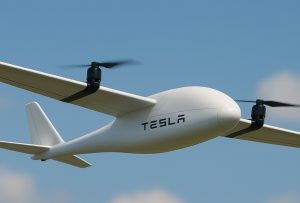

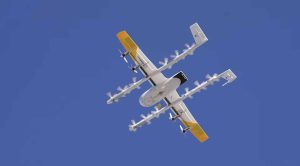
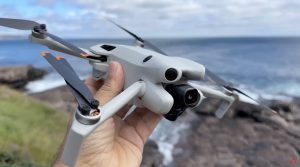

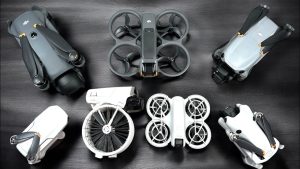
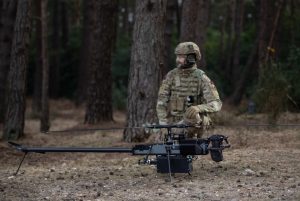
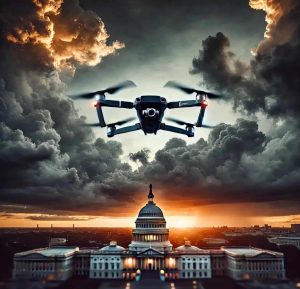
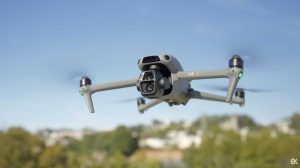
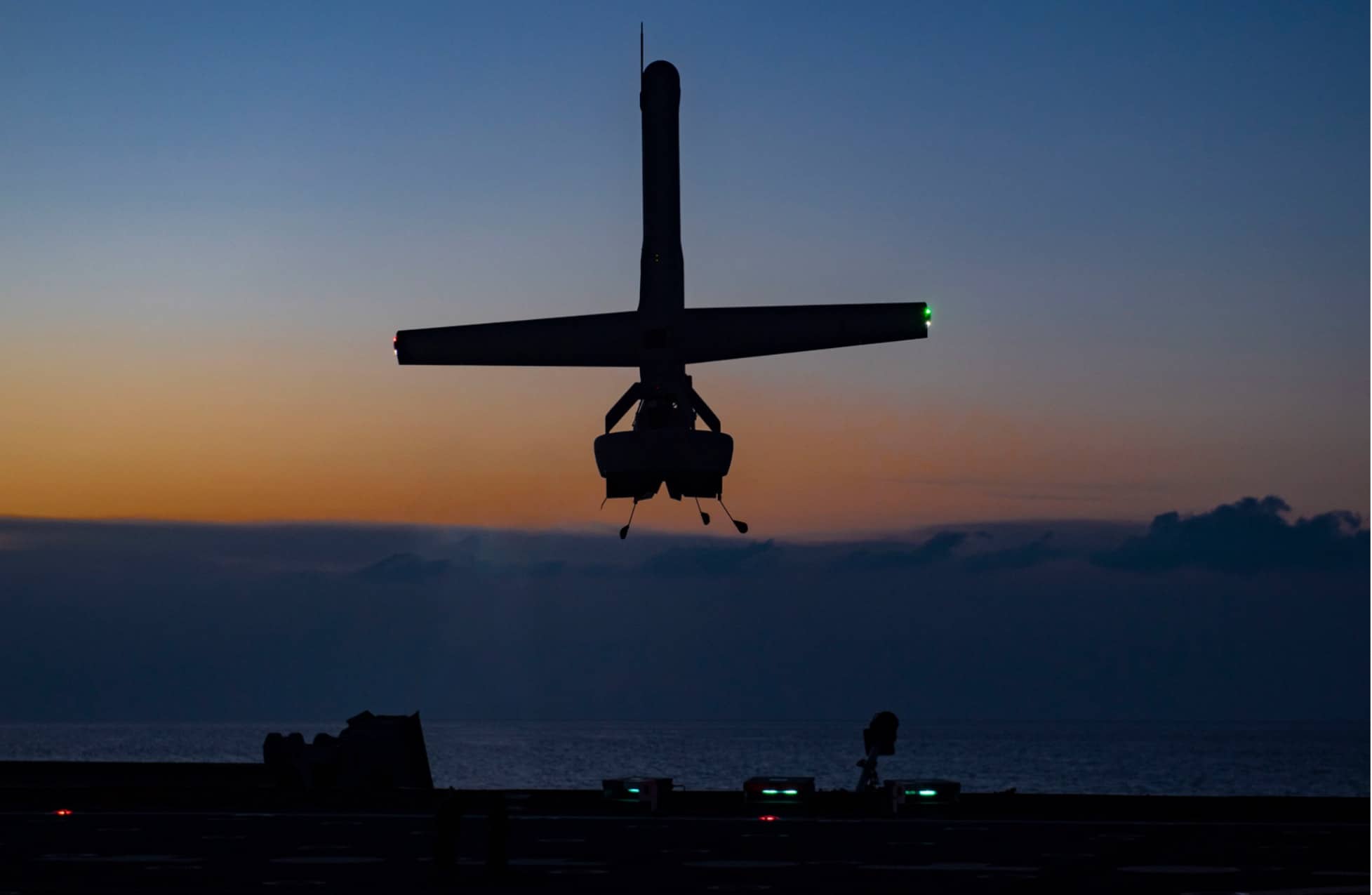
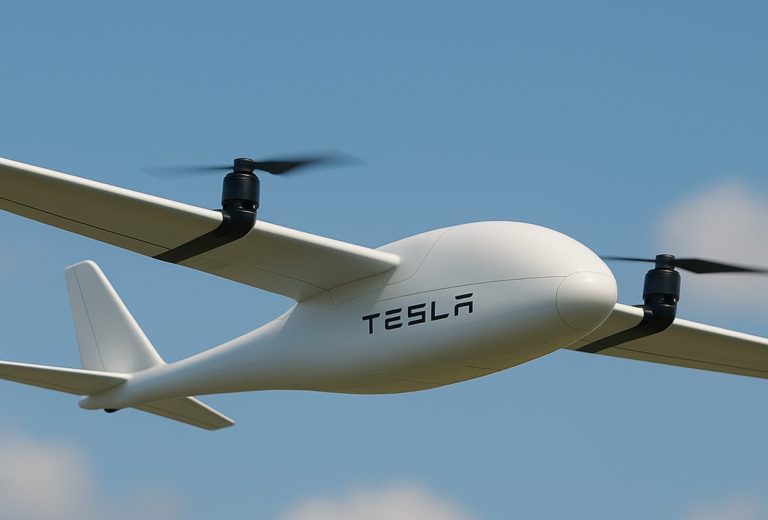

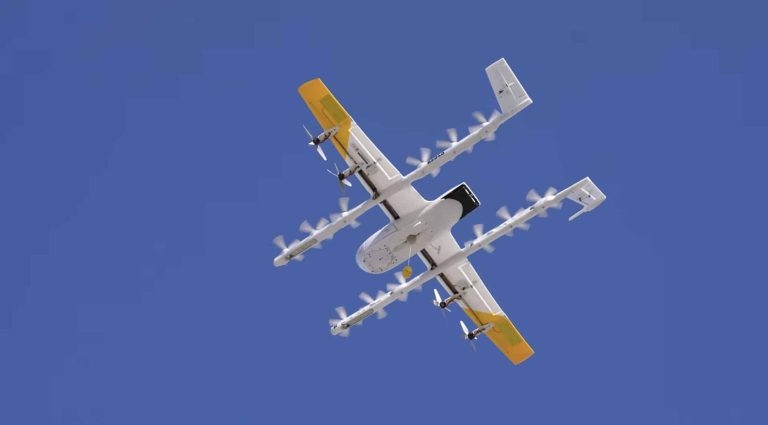
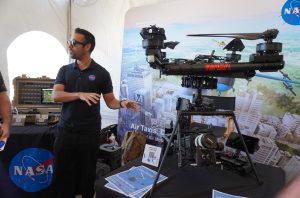

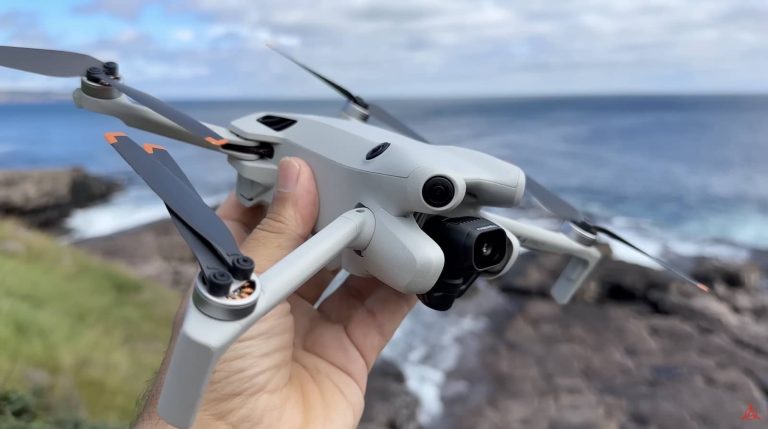
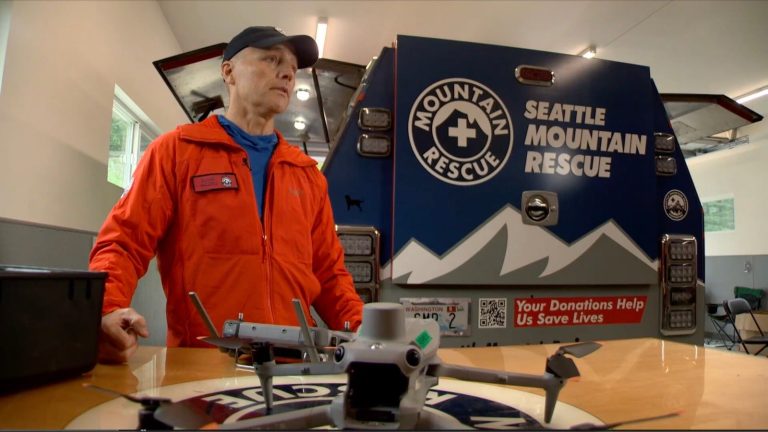
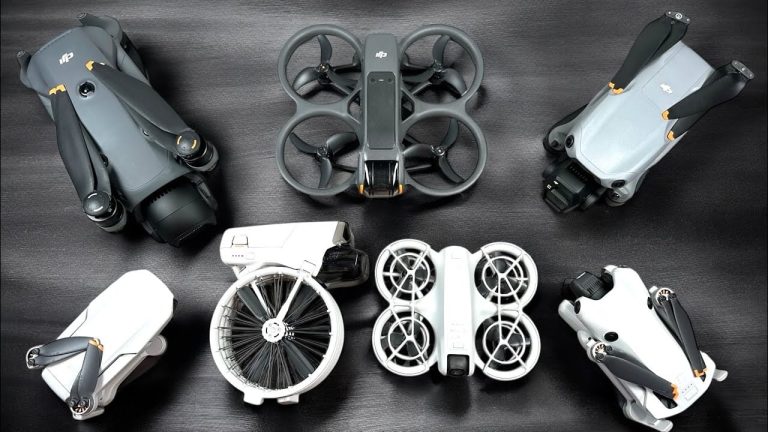

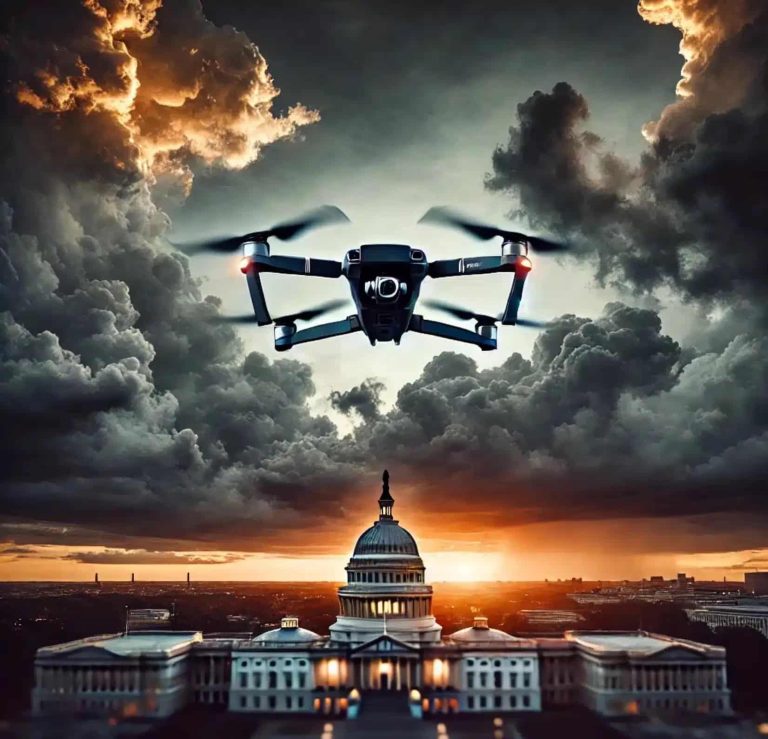
+ There are no comments
Add yours